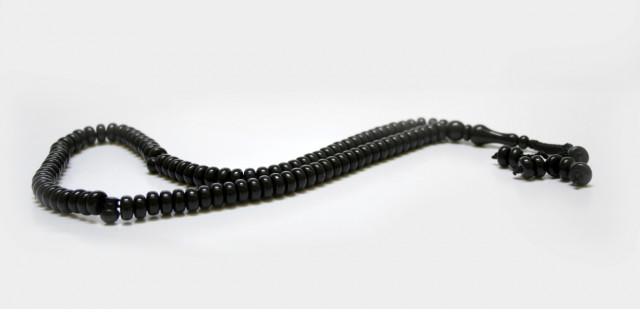Council of Islamic Ideology feels underused
In 10 years, CII reviewed just one law that was eventually struck down.

The Council of Islamic Ideology (CII), according to CII members who briefed the Senate committee on religious affairs on Wednesday.
Council members told the lawmakers, who visited the CII office in Islamabad, that only one bill had been referred to the council over the past decade: the Hasba Bill of 2005, sent to the CII by the governor of Khyber-Pakhtunkhwa.
The Hasba bill was passed by the Khyber-Pakhtunkhwa Assembly in 2005, when it was dominated by the religiously conservative Muttahida Majlis-e-Amal (MMA), a six-party alliance. The law was aimed at creating a ‘moral police’ in the province. It was struck down by the Supreme Court in 2005, on grounds that it would violate individual liberties guaranteed in the Constitution.
Some members of the Senate concurred with the CII members’ contention that the council was not being consulted often enough.
“This council is still underused and it should be used in accordance with its mandate,” said Senator Raja Zafarul Haq of the Pakistan Muslim League-Nawaz.
The council is a constitutional body created to ensure that all laws in Pakistan conform to Islamic principles. The council is designed to include a diversity of opinions on Islamic theology and law, and must include a woman and at least two serving or retired judges of the higher judiciary. The council can be as small as eight members and as large as 20.
Although a governor of a province or the president can refer any law to the CII, a member of parliament can only submit a bill to the council if he has the support of at least 40 per cent of the members of the legislative assembly. The council can then make recommendations which the assembly is required to deliberate upon, but they are not binding.
Published in The Express Tribune, March 17th, 2011.



1725254039-0/Untitled-design-(24)1725254039-0-208x130.webp)















COMMENTS
Comments are moderated and generally will be posted if they are on-topic and not abusive.
For more information, please see our Comments FAQ